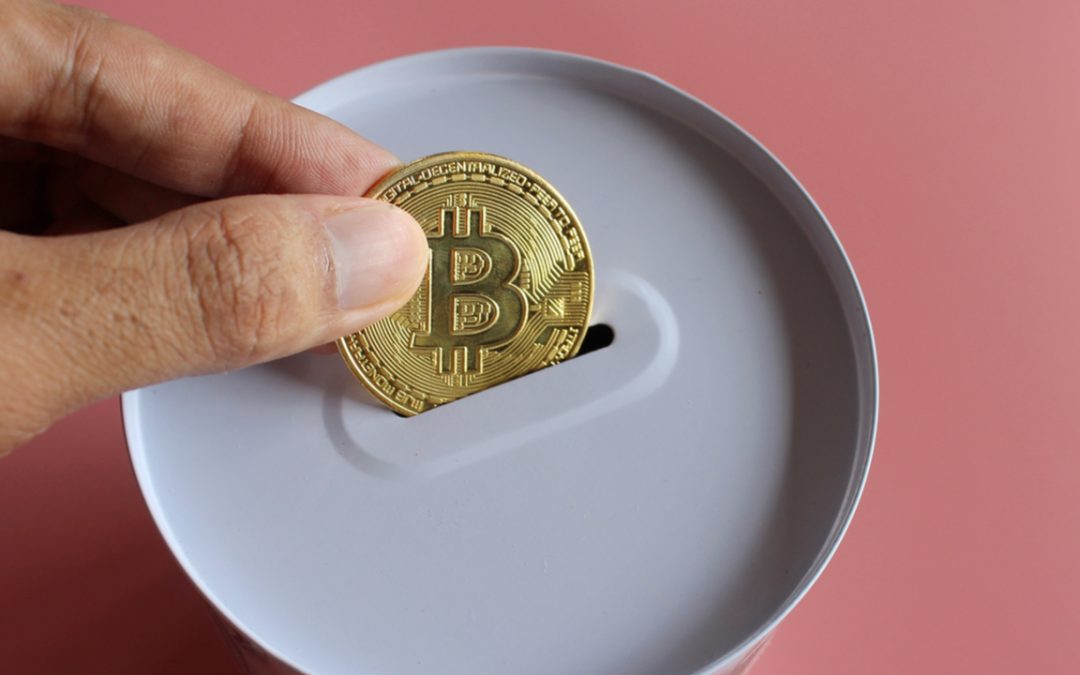Al Jalila Foundation, the United Arab Emirates charitable organization, recently announced that it has been given permission to accept cryptocurrency donations. Accepting cryptocurrencies makes it possible for the foundation to receive funding via what is described as one of the fastest-growing donation methods.
Accepting Crypto Expands Foundation’s Donation Channels
A United Arab Emirates (UAE) healthcare organization, Al Jalila Foundation, said it has been given permission to accept digital money and that well-wishers can now donate via cryptocurrencies. By accepting cryptocurrencies, Al Jalila Foundation has become one of the first nonprofit organizations from the UAE to do so.
In a recently released statement, Al Jalila Foundation also said it has partnered with an unnamed “leading cryptocurrency platform.” Commenting on the move that expands the organization’s donation channels, foundation CEO Abdulkareem Sultan Al Olama said:
As a philanthropic organisation we rely on charitable donations and we are always seeking innovative ways to expand our donation channels for ease of convenience for donors from all around the world to support our programmes. Therefore, as an emerging source of fundraising, providing the opportunity to the growing number of crypto users around the world to donate to Al Jalila Foundation to causes that interest them is a win-win for us as a foundation and the donor community.
Olama also lauded a decision which he said makes Al Jalila Foundation the “first” healthcare charity in the country to accept donations in cryptocurrencies and one that bridges the gap between physical and digital currency. With the decision to accept cryptocurrencies, Al Jalila Foundation joins other prominent charitable organizations like Save the Children, which chose the Cardano Foundation as its partner.
Accepting cryptocurrency donations gives the Al Jalila Foundation, which has reportedly raised millions since its inception in 2013, an opportunity to get funding via what the statement calls a fast-growing donation method favored by Millennial and Gen-Z donors.
What are your thoughts on this story? Tell us what you think in the comments section below.














